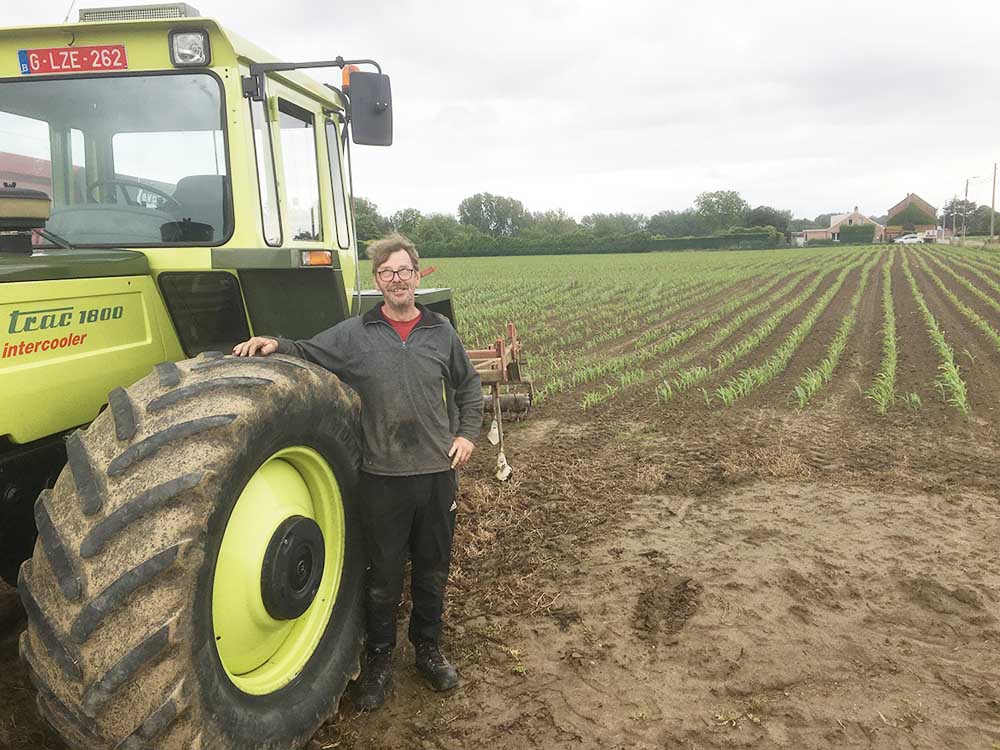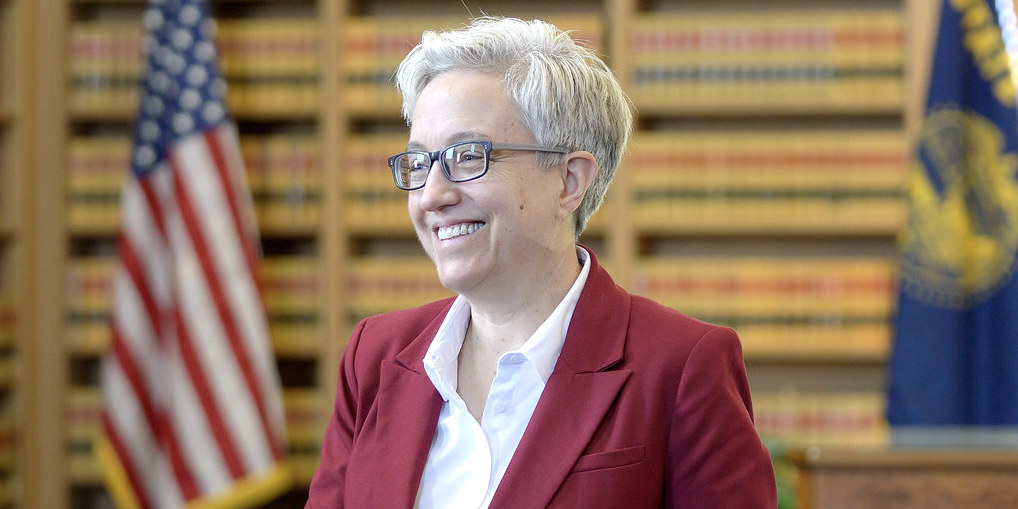Belgian farmers protest to save agriculture, way of life
Published 8:37 am Tuesday, July 2, 2024

- Belgian farmer Luk Uytterhoeven with his corn field.
LEUVEN, Belgium — Luk Uytterhoeven is one of thousands of farmers in Europe who are frustrated with government regulations and willing to protest and speak out against them.
Trending
Protests in several European countries have been ongoing for several months, but have eased recently since the weather has turned warm and the farmers are back working in their fields.
Uytterhoeven is a sixth-generation farmer who works the soil in the Wilsele area, a suburb of Leuven, Belgium. His last name literally means “from the farm” in Dutch.
The 57-year-old farms 200 acres on 80 parcels of land, all within a 10-mile diameter. That is common for Belgian farmers in a country similar in size to the state of Maryland.
Trending
Uytterhoeven grows sugar beets, potatoes, grass hay and several types of cereal crops — wheat, barley and corn for animal feed.
“The protests have been about the rules from the European Union government,” said Uytterhoeven, who took a break from his machine shop and sat in his kitchen during a rainy afternoon in early June, expressing his frustrations during a 2½-hour conversation with this reporter.
“The government wants to impose what we have to do on the land. On this day we have to do this, on that day we have to do that,” he said. “The government wants us to calendar farm. But calendar farming doesn’t usually match the weather. The farmers don’t need government telling them what to do. I think the farmer knows the land the best.”
Uytterhoeven said there have been occasional protests over the past 30 years. He said farmers have adapted to regulations through the years, “but at this moment, the bucket is full. Enough is enough.”
In early March an estimated 2,700 farm vehicles drove into Brussels, Belgium, where the European Union is headquartered. The EU’s sustainability policies have been a major issue. The farmers are frustrated by proposed environmental regulations that include limits on nitrogen emissions, restrictions on water and land use, pesticide bans and carbon taxes.
Those policies are excessive and will affect the agricultural industry and incomes, according to the farmers.
Uytterhoeven said a tractor protest earlier this year at the Zeebrugge Harbor on the Belgian coast shut down imports, exports and distribution centers.
“The government looked away and decided to just ignore the farmers,” Uytterhoeven said. “But then when the store shelves were empty (in February), it became a big problem and the government decided to listen a little bit.”
For environmental reasons, the EU wants farmers to reduce their productive land by 4%, the farmer said. But he explained the rules also say land can’t be left fallow. A plant mix must be sowed on arable land and the small subsidy that is received doesn’t cover the cost of the seed and the work needed for planting.
That 4% less policy was proposed for 2024, but due to the protests, was not approved for this year. Uytterhoeven explained that the 4% can be what produces a profit for a farm.
“The government said it did away with the 4% policy, but then we found out later it was just for one year,” Uytterhoeven said. “Basically, it was appeasement. Next year we’ll see what happens.”
Uytterhoeven explained that Belgium has good soil for farming and because the agricultural parcels are small, practices to intensify production have to be used.
“All the different rules together make you crazy,” the farmer said. “I like to work on the fields, not on the paper and all the rules. The rules are a big frustration for all the farmers. I’m very proud of what I do as a farmer. I just hope the European Union is going to think twice before it kills agriculture.
“What good has it (the protests) done?” Uytterhoeven said, repeating the question. “Not much. There’s not an easy solution, but it should be solved.”
Editor’s Note
Writer Craig Reed filed this special report from Belgium.







